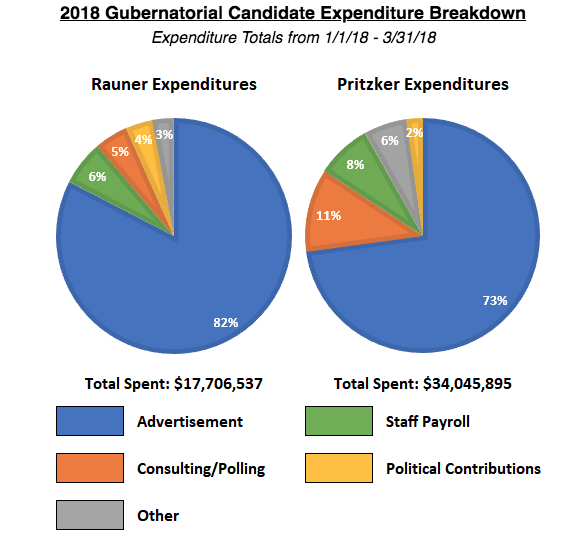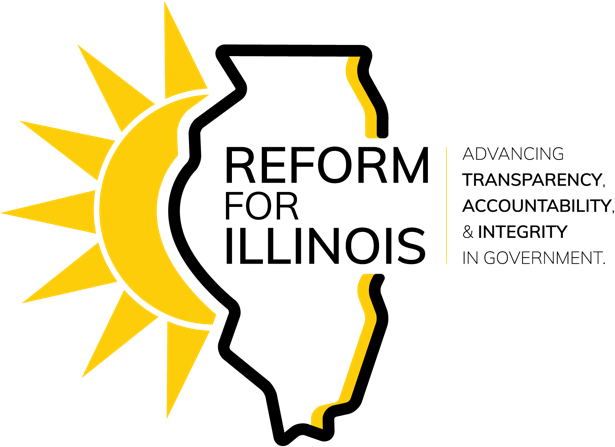Editorial: Illinois Needs to Get Big Money Out of Elections

|
|

Certainly, statewide campaigns have a duty to spend money educating voters about the candidates and the issues. And while incessant mailers and attack ads are an unsavory aspect of campaigning, they are not a uniquely Illinois problem, but the sheer quantity of money in this race is unique to Illinois.
The 2010 California gubernatorial election was the most expensive in US history, totaling about $280 million. The current Illinois election is likely to meet or beat that record. However, California voters outnumber Illinois voters 3 to 1, and the state has several of the nation’s largest media markets, whereas Illinois has only one. So what will Illinois voters get from the exorbitant spending?
Likely, not much. Voters are already supersaturated with political advertising, and the deluge of ads is certain to continue up to Election Day in November. It is also possible that Illinois might witness some more novel uses of campaign funds, like the anti-Rauner book primary challenger Jeanne Ives published and sent to supporters earlier this year. Unfortunately, bottomless campaign funds also trickle down to races for state legislature and even local races. This trend will continue to make elections less accessible, less diverse, and less responsive to Illinois voters.
And while this discussion focuses on the two men at the top of the ticket, wealthy mega donors, labor organizations, and Super PACs have been pushing Illinois down this path since well before the 2018 Gubernatorial Election.
ICPR is one of the leading voices calling for the reversal of the trends and the effects of big money in politics. Illinois Sunshine (sponsored by ICPR – link here) is a free online database enabling voters to learn who is funding their elected officials and understand the forces trying to influence the election. ICPR has proposed a Small Donor Matching System (HB 5531) to the IL General Assembly. This system, already in place across the country, would amplify the monetary contributions of those Illinois residents who do not have the resources to make large contributions to grassroots campaigns. ICPR plans to continue hosting forums connecting the the public to decision-makers, as well as workshops teaching citizens how to run for office.
Fixing our current system is neither simple nor easy, but it can happen. It will require a broad coalition of elected officials and political leaders to agree that it’s time for the “Big Money Era” in Illinois politics to end.
Back
